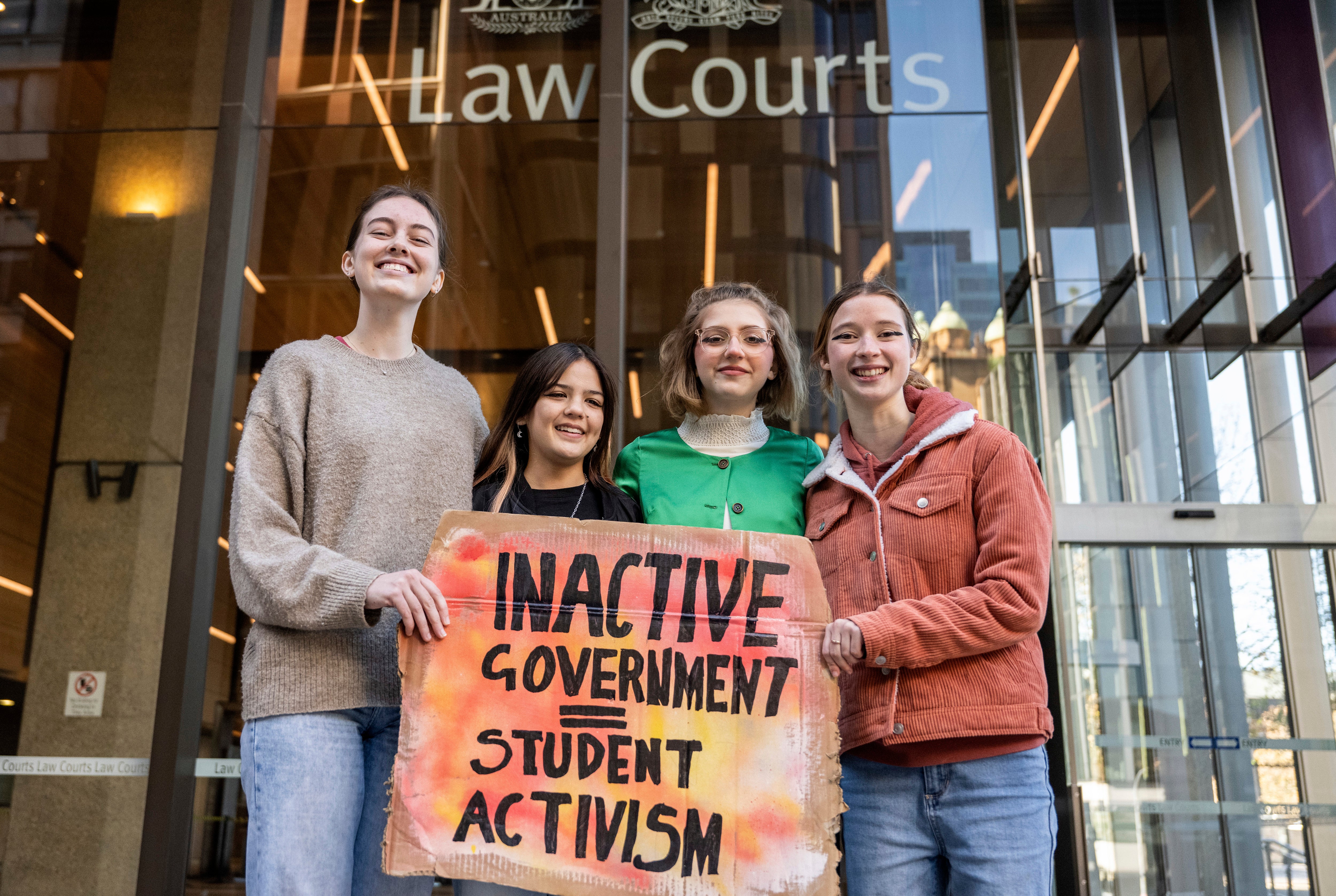Australian children lose bid to block coal mine expansion
A group of Australian child environmentalists have lost their court bid to force the federal government to ban a coal mine expansion

A group of Australian child environmentalists lost their court bid Thursday to force the federal government to ban a coal mine expansion.
The eight children, aged 13 to 17, had argued in the Federal Court that Environment Minister Sussan Ley had a duty of care to protect younger people against climate change. Ley is considering whether to approve the Vickery mine expansion in New South Wales state, and the children sought an injunction preventing the expansion.
Justice Mordy Bromberg rejected their application while noting the mine expansion would lead to an additional 33 million metric tons (36 million U.S. tons) of coal being extracted over 25 years and 100 million metric tons (110 million U.S. tons) of carbon dioxide being released into the atmosphere.
Ley did owe the children a duty of care under the law of negligence, the judge found, but said he was not satisfied a reasonable understanding had been established that Ley would breach her duty of care to the children.
Bromberg found there was a “real” risk that the extension of the mine near the town of Gunnedah would likely cause a “tiny but measurable increase to global average surface temperatures.”
“Perhaps the most startling of the potential harms demonstrated by the evidence before the court is that 1 million of today’s Australian children are expected to suffer at least one heat stress episode serious enough to require acute care in a hospital,” Bromberg said.
“Many thousands will suffer premature death from heat stress or bushfire smoke. Substantial economic loss and property damage will be experienced. The Great Barrier Reef and most of Australia’s eastern eucalypt forests will no longer exist due to repeated, severe bushfires,” he added.
The children who filed the case are led by 17-year-old Anjali Sharma with the aid of a so-called litigation guardian, Catholic nun Sister Brigid Arthur, 86.
The judge called for lawyers for the children and the minister to make further submissions by June 3 on what orders he should make in light of his reasons for judgment.
As the driest continent after Antarctica Australia is particularly vulnerable to weather extremes associated with climate change.
Australia’s hottest and driest year in 2019 came to a catastrophic conclusion with wildfires fueled by drought that killed at least 33 people, destroyed more than 3,000 homes and razed 19 million hectares (47 million acres).
Australia is also one of the world’s largest exporters of coal and liquified natural gas and has been criticized for failing to set more ambition targets to reduce its greenhouse gas emissions.
Bookmark popover
Removed from bookmarks